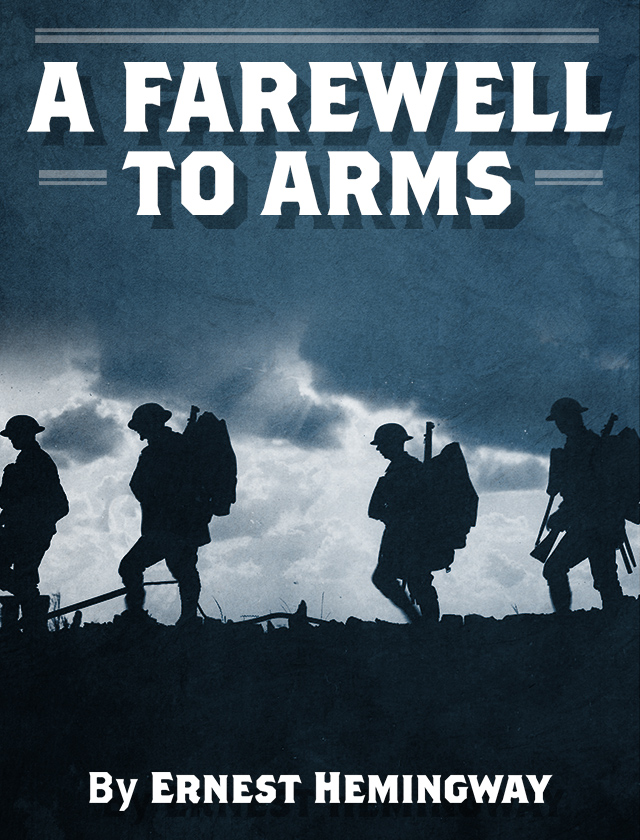A Farewell To Arms
by Ernest Hemingway
Frederic Henry
The narrator of the novel, Henry is characterized by a quiet, stoic masculinity typical of Hemingway’s protagonists. He performs his duties as an ambulance driver well, and often puts the well-being of his companions in front of his own, but he has no desire for glory or honor. As evidenced by his conversations with Rinaldi, the priest, and patriots such as Gino and Moretti, Henry does not believe that there is any glory or honor to be found amid the grim realities of war. His emotions typically stay beneath the surface and, on the whole, he has a realistic and sometimes cynical view of the world. Yet, Henry clearly values his friendships and has respect for Rinaldi, the priest, and Count Greffi.
At the beginning of the novel, Henry is rather empty inside, coping with the war by drinking and visiting prostitutes. When he first meets Catherine, his primary motivation is to seduce her, and he has no problem telling lies in order to get her into bed. After his injury, however, Henry realizes that he is truly in love with her, and his character begins to take on more depth. Through the transformative lens of this passionate and sincere love, we see that Henry is in fact capable of great tenderness and loyalty. Henry’s desertion from the army is consistent with his cynical view of the war, and his escape with Catherine to Switzerland marks his belief in their love and the hope of having a life together away from the war. Henry is a man who does not believe in abstract concepts like patriotism and glory, but who clearly does believe in friendship and love. The world of the novel is a bleak one in which a senseless and cruel fate takes Catherine’s life, leaving Henry alone once more. Yet, for all the tragedy of Henry’s story, there is great beauty in his ability to experience love during the brief time it comes into his life.
Sign up to continue reading Frederic Henry >